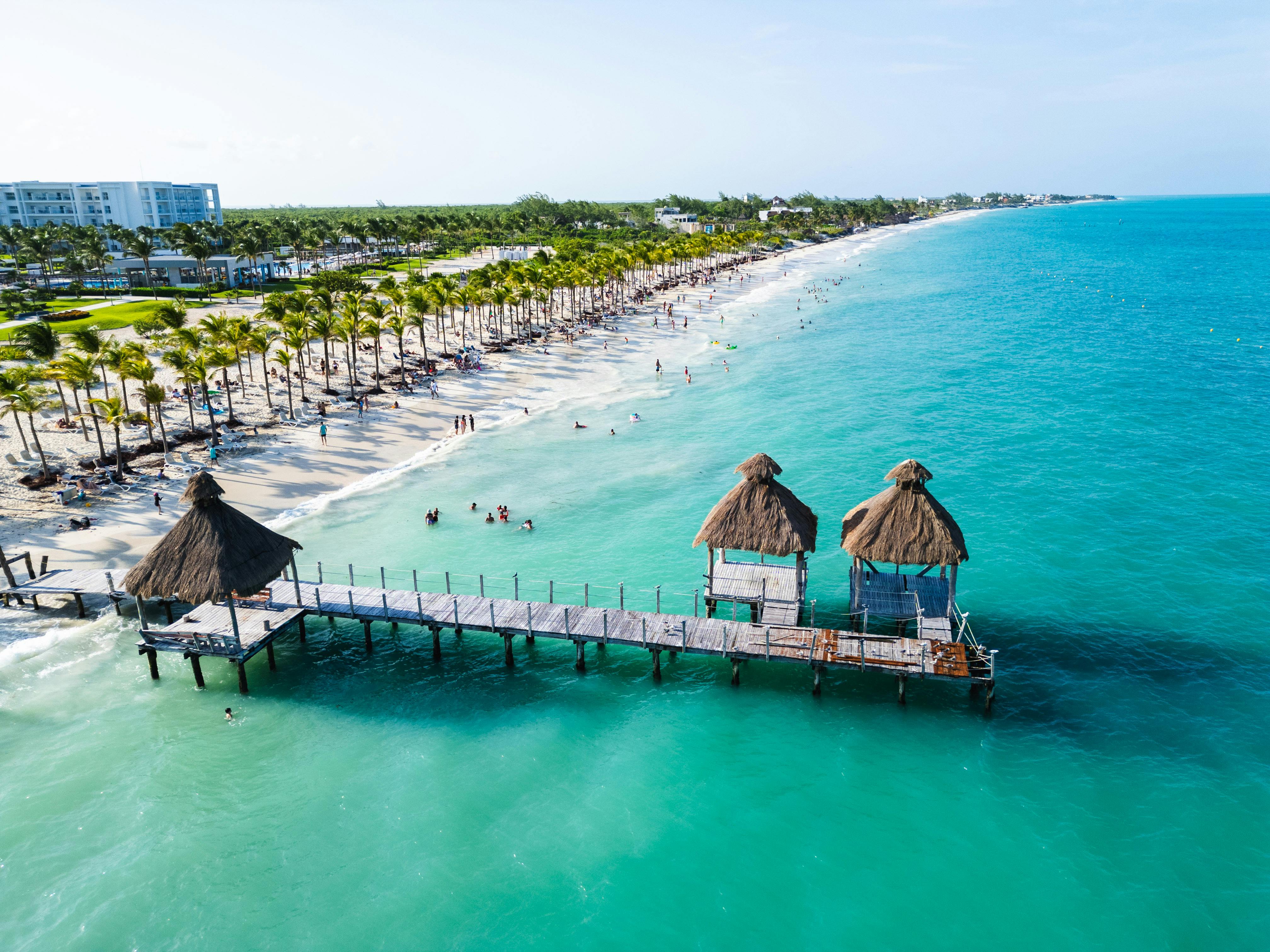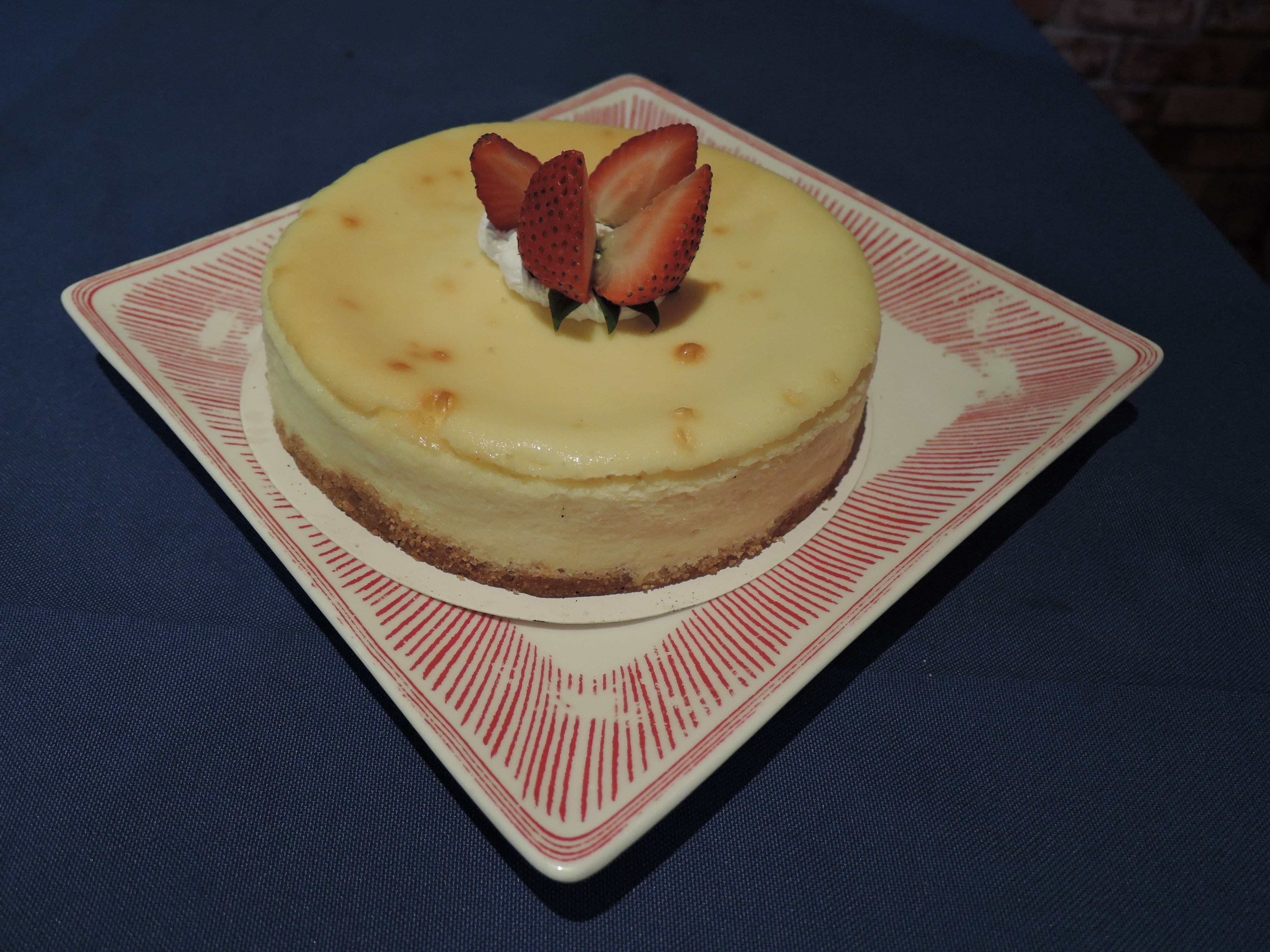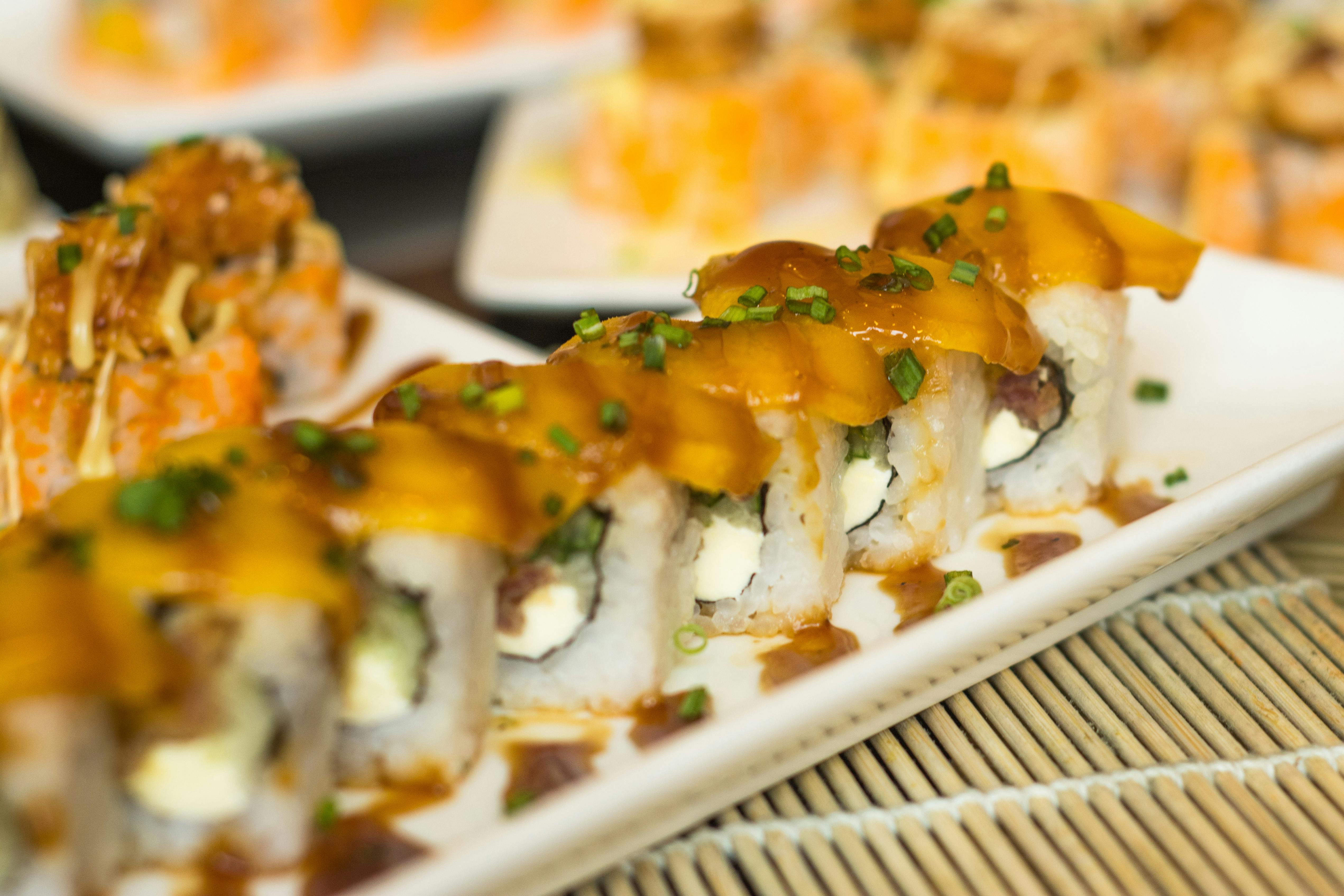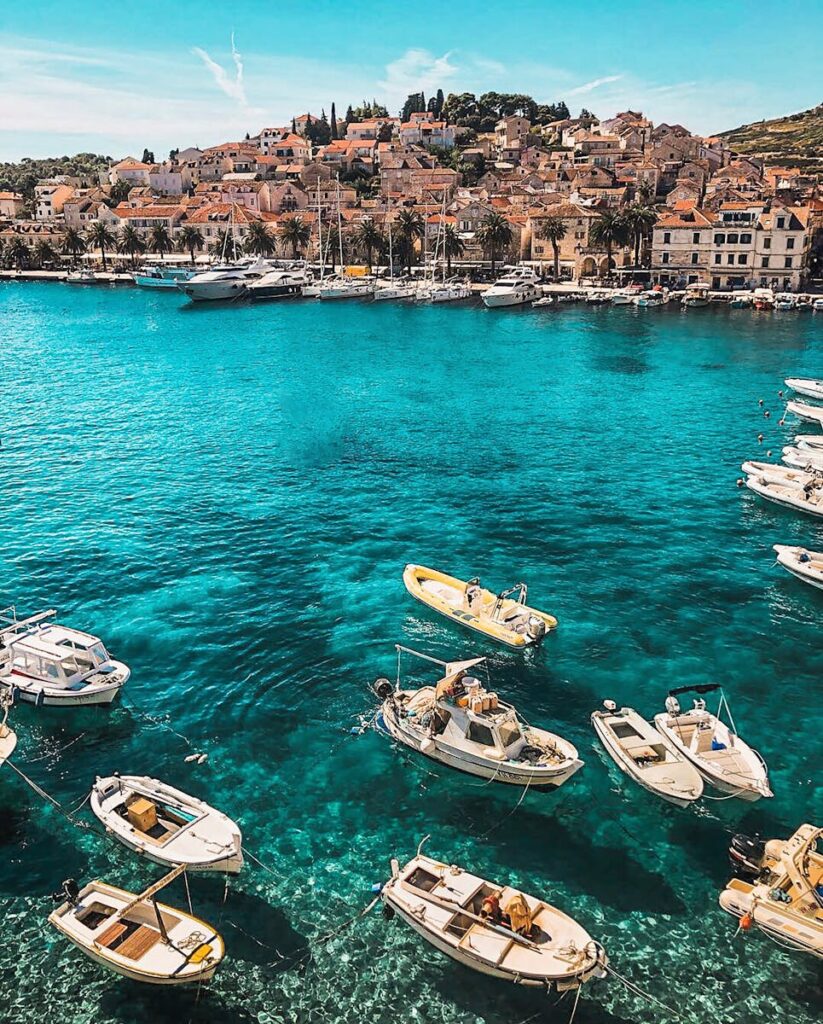
The allure of a dream vacation can quickly turn into a nightmare when hidden costs lurk around every corner. From the sun-kissed resorts of Mexico to the bustling ports of cruise destinations, unsuspecting travelers often find themselves ensnared in well-crafted schemes designed to drain their wallets.
Whether it’s the high-pressure sales tactics of travel clubs or the deceptive pricing of seemingly innocent restaurant items, these traps exploit the relaxed mindset of vacationers, turning moments of joy into financial headaches. As one traveler ruefully recalled, “I thought I was on a getaway, but I ended up feeling like I’d been in a battle with my bank account.
Travelers embark on vacations seeking relaxation and adventure, not financial stress. Yet, the tourism industry’s darker side thrives on exploiting consumer trust and inattentiveness. High-pressure sales environments, coupled with persuasive tactics and a false sense of urgency, cloud judgment and lead to hasty decisions. It’s a stark reminder that even in paradise, vigilance is key—because the cost of a dream vacation shouldn’t come with unexpected, wallet-draining surprises.

The Deceptive Allure of Travel Club Sales
1. **High-Pressure Travel Club Membership Sales**: Presentation is core of scheme. Real objective free resort visit clear. Attendees potentially feeling relaxed and happy. Perhaps impaired free flowing cocktails effects. Subjected professional sales pitch then. High pressure pitch designed to convince. Purchase travel club membership spot. Salespeople trained specifically for this. Leverage vacation atmosphere completely. Perceived value of free day helps. Diminished judgment too. To secure sale quickly they must. Before you time thinking critically or research options.
Alarmingly common tourists in this state. Buzzed from drinks is possible. Influenced persuasive environment and tactics. Find themselves signing contract quickly. Signing travel club contract end. Significant danger entering agreement. Legally binding agreement exists now. Without being clear state of mind. Or having opportunity understand terms. And significant commitment involved with it. Upon returning ship sobering up. Realization often sets in very fast. They do not want membership. But legally bound by contract. Contract signed in port already.
Compounding problem unfortunately fact is. Unlike consumer protection laws existence. Countries like U. S.
may have them. Often grant consumers short grace period. Typically three days to rescind contracts. Many travel club agreements signed abroad. Do not offer this option later.
Once contract signed it’s done. Often non-refundable terms included. Leaving travelers stuck with membership. A costly membership they deeply regret. Cases travelers returning home reported. Burden unwanted surprise contract happens.
Reported consumer helplines for years. Highlighting prevalence difficulty resolving issue. Once contract signed it’s often too late. *How not to get scammed*: Before accepting offer free day pass.
To resort or similar perk offered. Requires attending a presentation first. Ensure fully understand obligation now. What is required in exchange? Weigh if truly worth your time.
And potential risk involved perhaps. If aware easily influenced by hard sell. Or find difficult saying no under pressure. Best decline such invitations entirely.
No matter how appealing resort access seems initially. Critical rule follow is simple. Never sign any contract. Not for significant purchase anyway. After consumed even single cocktail.
Or alcoholic drink before signing. Salesperson presents contract after drinks served. Make conscious effort clearing your head. Recognize potential risk taking on now.
If genuinely interested in club offer. After hearing pitch presentation. Ask copy of details and terms. And contract itself too. Take it with you away. Review thoroughly away sales environment. Conduct your research later needed. If company refuses provide copy quickly. Insists special deal only valid then. Sign contract right there required. Consider significant red flag. High pressure tactic being used. Decline offer and firmly ask. Ask be taken back port area fast. Or your ship immediately needed. Ability walk away and research. Your best defense against regretting contract. A signed contract later on trip.
Let’s keep looking at common problems travelers face off the cruise ship. We find more tricks meant to take your money. These plans often look like friendly help or great deals. They use the vacation mood to push people into bad choices or buys. Knowing these tricks is your best protection. You must be aware to avoid these traps.

Beauty Treatments Turned Financial Traps
2. **The Free Facial and the Unexpected Bill**: One trick starts with a nice offer for a free beauty treatment. It happens right near the port area. You get asked into a place. They promise a free facial or just talk. It seems like a good way to enjoy your port day. Just a little nice thing before you get back aboard.
But inside, things change fast. The ‘facialist’ looks at your skin. She points out many problems you supposedly got. Then they show you very expensive items. They say these products are the only fix for skin worries. The pressure grows as they show the items. They push you hard to buy something fast.
Some scary stories tell about a traveler who spent $10,000 on skin products. Free drinks might be given during this hard sales talk. These drinks could make thinking harder. It becomes tough to say no to the strong pushing. People report feeling lost and unsure. They agree to huge purchases they would never make usually. Back on the ship, they learn the products do not work. Non-refundable terms mean they get nothing back. This shows the real money danger involved.
Now, let’s move from sunny ports to places you might eat. This could be on land or back home. Restaurants have their own prices and ways to rip people off. You should be smart about these. Running a place costs money, yes. But some prices are just too high. Simple items become big profit makers using your money. Understanding where restaurants earn money can help you pick smarter choices.
Read more about: Thousands of Stores Closing Across the US in 2025: Here’s the List of Major Retailers Impacted

3. **The Inflated Cost of ‘House Wine’**: People in the business often point to house wine as an example. It sounds simple and easy to pick. But the price increase on house wine can be huge. These are usually the cheapest wines they can find. They buy them in large amounts or cheap bottles.
Chefs and restaurant staff say wine bought for little money is sold for much more. Sometimes it costs only a few dollars for them. Then sold by the glass or bottle for many times their cost. For instance, wine costing the restaurant $7 for a small bottle. It might be sold to you for $37. This big gap helps cover costs of other expensive items.
It makes sense restaurants need to make good money. But the house wine often show this practice at its most extreme. Picking a mid-price wine from the list could be better value. Ask about options slightly more expensive too. They might be a better deal compared to how much the restaurant paid. It’s paying extra for easy choice and the ‘house’ name.

Restaurant Rip-Offs: Beverage and Dessert Edition
4. **The High Markup on House-Made Drinks**: It is not just wine that costs a lot more. Other drinks made at the restaurant can also have very high prices. Drinks made with basic things like soda or lemonade. Teas or special non-alcohol mixes too. These often cost the restaurant little for each one. Making them takes little time and the stuff costs less than food. It’s cheap to make these drinks.
Even though they cost little to make, these ‘house-made’ drinks are often pricey. Sometimes they cost about the same as a mixed drink with alcohol. One person said a drink cost the place $1.89 per cup. It was sold to the customer for $12. This plan helps places make lots of money easily. They spend little on these items.
You still can enjoy a nice house-made drink. But know you are likely paying a lot extra for it. People think something different or ‘made here’ is worth more. But the restaurant makes a huge profit margin on these drinks. They seem simple but cost you a premium.

5. **The Pricey, Pre-Made Cheesecake**: You finished your main meal. Thinking about dessert is next. That nice slice of cheesecake on the menu might look just right. But many restaurants do not make their cheesecakes there. They buy them already made from other companies. Or even just from regular stores.
These cheesecakes bought from stores are then fixed up. They add sauces or toppings in the kitchen. This makes them look special or made in the house. A slice costing the restaurant little is plated nicely. Then sold for around $7 or more. This makes things easy for the kitchen. They also earn a good profit on it.
The restaurant adds value with how it looks. Maybe they make a special sauce for it. But the main cheesecake is often simple store bought. Knowing this might change your mind about that dessert. You might look for something the restaurant truly makes themselves. You get a more real food experience then.
Product on Amazon: DAVID’S COOKIES Pumpkin Cheesecake | Freshly Baked Gourmet Cheesecake Made With Simple and Fresh Ingredients, Ideal Gift This Holiday Season – Pre-Sliced 14 Pieces Pumpkin Spice Cheesecake – 10 Inches
Brand: David’s COOKIES
Binding: Unknown Binding Product Group: Amazon Fresh Perishables
Price: 54.95 USD
Features:
1. Premium Quality Ingredients: Taking great care to only use the finest quality ingredients, we use sugar, eggs, and butter to make sure our fresh bakery cakes have a homemade taste so that we can get the homemade experience.
2. Kosher Certified Cheesecake Bakery! The most appealing thing about these snack cheesecakes is that they are suitable for those who are currently on a Kosher diet. Now you can eat your fill without fretting over the ingredients!
3. Delicious Flavor: Take a bite of our mouth-watering and incredibly delicious bakery fresh pumpkin cheesecake and you’ll be pleasantly surprised by the richness of the taste! The symphony of flavors will burst in your mouth.
4. Classic Pumpkin Cheesecake: This pumpkin cheesecake is truly one of a kind, and it offers a great balance between rich flavor and creamy softness. Each cheesecake slice has the taste of pumpkin, making it very appealing for all customers.
5. The Ideal Present for your loved ones! Make your loved ones’ special day even more fun! This tasty cheesecake is 11 pounds. Every bite offers a burst of flavor that is sure to keep your friend’s taste buds tingling with delight!
Shopping on Amazon >>

Sushi Swindles: The Price of ‘Specialty’ Rolls
6. **Certain ‘Specialty’ Sushi Rolls**: Sushi menus can be very big and hard to understand. Many rolls are listed at different prices. You might think a ‘specialty’ roll costs more because of better fish. Or maybe it takes more skill to make than a basic California roll. But this is not always true. It can be another way to take your money.
Sometimes, the big difference between a regular roll and a ‘specialty’ one costing twice as much is small. It could be just a different way of cutting it. Maybe they add a little extra sauce. Or put a sprinkle of something cheap on top. A chef said his $3.75 California roll became a $7.25 ‘Volcano’ roll. All he did was change the cut and add spicy mayo. The small additions did not make the cost double based on stuff used.
Paying extra for new ideas is one thing. But if the main food is the same and the price doubles for little things, think again. Is that ‘specialty’ roll truly worth the money? Sometimes, just order a simple roll. Get a side of the sauce you want. You get almost the same taste. But you do not pay the high extra cost.

Navigating the world of travel requires more than just packing a suitcase; it demands a savvy awareness of the pitfalls that await. From the persuasive pitches at resorts to the inflated prices in restaurants, these hidden traps serve as a wake-up call for travelers everywhere. While the allure of convenience and the charm of vacation ambiance can be hard to resist, the power to protect one’s finances lies in informed decision-making and a healthy dose of skepticism.
Ultimately, the lesson is clear: a memorable vacation should be defined by unforgettable experiences, not regrettable financial choices. By arming themselves with knowledge and staying vigilant, travelers can turn potential pitfalls into stories of wisdom, ensuring that their journey remains a joyful escape—free from the shadows of hidden costs and buyer’s remorse.
Related posts:
Building a Profitable Automated Convenience Store – A New Vending Concept: Avoiding Scams and Rip-offs
Cruise port scams and schemes: Here’s how to avoid them
Biggest Restaurant Ripoffs To Avoid, According to Chefs



